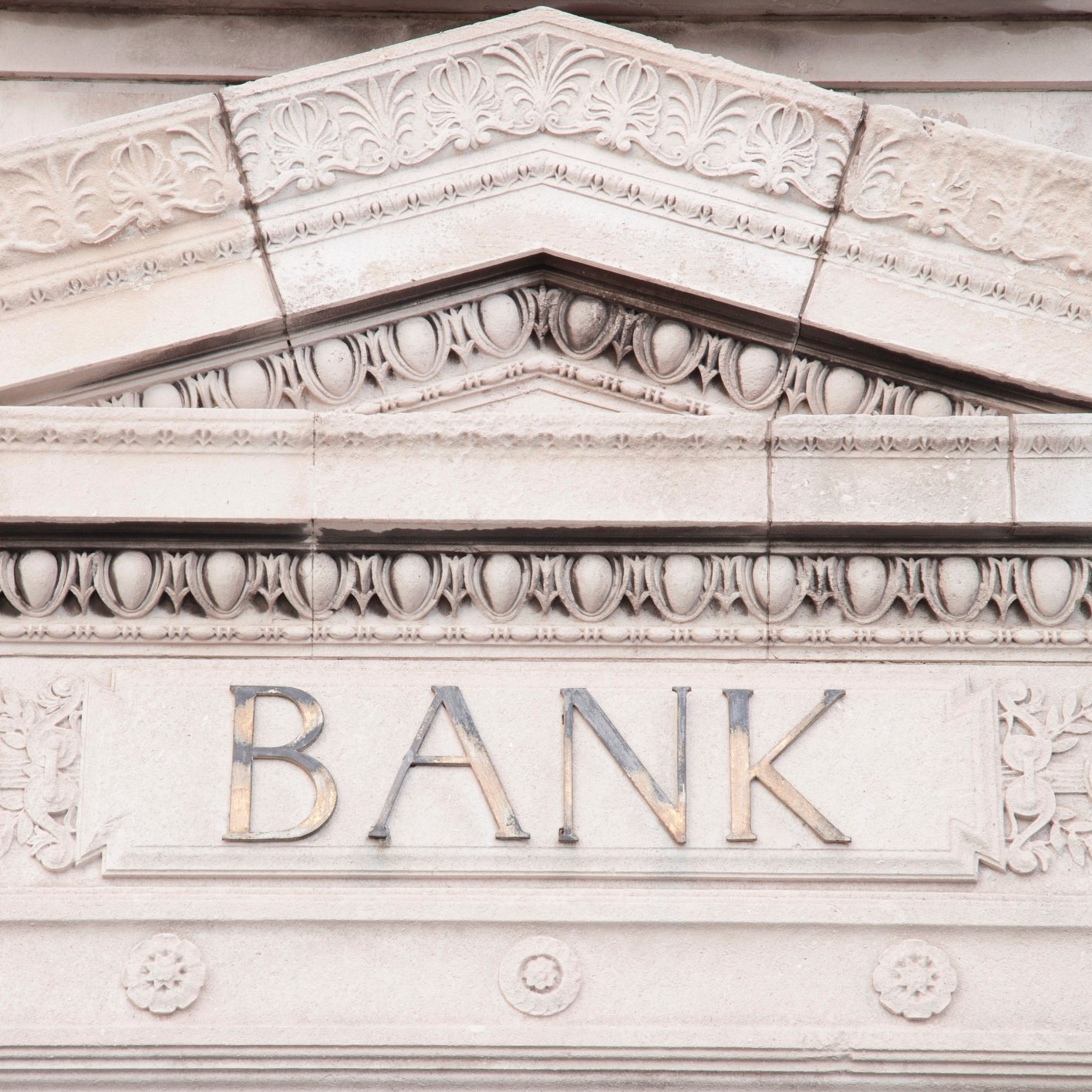Banking, finance, and taxes
Banks Likely To Raise Dividends After Stress Tests

Published:
Last Updated:

The Federal Reserve has finally released the results of the 2016 stress tests. If there is one thing you need to take away from this, it is that all of the nation’s big banks clear the bar for capital requirements. What this means is the ability for the banks with weak capital return programs to begin boosting their returns. That means higher dividends, and it means higher buybacks.
This also means that banks trading at steep discounts to book value may start to not need to trade at such deep discounts. Whether or not that occurs remains to be seen. Also, keep in mind that the Fed won’t approve or reject capital return plans submitted by the banks until June 29.
The biggest banks showed that their balance sheets are now stronger than a year ago. Again, that likely means more dividends and more buybacks. The Fed showed that 33 banks collectively had loan losses of $385 billion under the severe economic scenario.
Under the stress test, the banks together had a minimum 8.4% common equity Tier 1 capital ratio. The Fed was requiring banks to have a minimum common equity Tier 1 ratio of 4.5%.
24/7 Wall St. wanted to show which of the big banks were likely to try to get the largest dividend hikes, barring anything not known. Most of the 33 banks may try to raise dividends, but some already yield close to or above 3%. There has been a few of the major banks where the yields have been kept paltry and the discount to book value is almost embarrassing.
Bank of America Corp. (NYSE: BAC) yields just under 1.5%. That should be able to be raised handily in the week or weeks ahead, assuming there are no surprises next week. A guess — look for a 2% yield. BofA was last seen trading at roughly 0.59 times its book value. BofA’s first ratio was 8.1% and the second was 6.4%. Bank of America closed at $14.04 and has a consensus analyst target price of $17.40. Its 52-week range is $10.99 to $18.48.
Citigroup Inc. (NYSE: C) yields just under 0.5%. This should be able to as much as double, or maybe even go up more, barring unknowns. Citigroup was last seen trading at 0.60 times book value. Its first ratio under the stress test was 9.2% and the second ratio was 6.9%. Citigroup closed at $44.46 and has a $55.77 consensus analyst target price. Its 52-week range is $34.52 to $60.95.
Zions Bancorporation (NASDAQ: ZION) also passed with its first ratio at 6.6% and the second ratio at 6.5%, leaving room for its 0.89% dividend to likely rise above 1% – maybe even handily above that. Zions is valued at 0.81 times book value. Zions Bancorp closed up 4.4%at $28.16, it has a consensus analyst target price of $30.48, and it has a 52-week range of $19.65 to $33.03.
The Bank of New York Mellon Corporation (NYSE: BK) may get to see its 1.68% yield climb higher as well, perhaps to 2% or more. Its first common equity Tier 1 ratio was 10.5%, with a Tier 1 leverage ratio still at 5.5%. The Bank of New York Mellon closed at $41,54 and has a consensus analyst target price of $44.37. The custodial bank also has a 52-week range of $32.20 to $45.45.
Capital One Financial Corp. (NYSE: COF) may be more known for credit cards than for the branches, but both stress test ratios were north of 8%. While it already yields 2.5%, Capital One trades at a mere 0.7 times book value. Capital One closed at $65.60 and has a $81.28 consensus analyst target price. Its 52-week range is $58.49 to $92.10.
Be advised that other banks are likely trying to increase their payouts for dividends and for buybacks as well. These are just 5 of the 33 banks which are likely to push for more aggressive hikes.
Before just blindly running out and aggressively buying these, keep in mind that these banks have all run handily higher in recent days. We are also in an election year, and we know none of the candidates are really the biggest lovers of the big financial institutions. Then there is also the risk that the Federal Reserve just decides to be tough and deny requests to return more capital.
Ever wanted an extra set of eyes on an investment you’re considering? Now you can speak with up to 3 financial experts in your area for FREE. By simply
clicking here you can begin to match with financial professionals who can help guide you through the financial decisions you’re making. And the best part? The first conversation with them is free.
Click here to match with up to 3 financial pros who would be excited to help you make financial decisions.
Thank you for reading! Have some feedback for us?
Contact the 24/7 Wall St. editorial team.